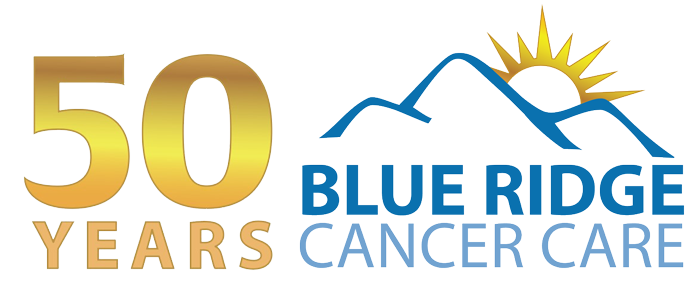Medical Oncology
An oncologist is a physician who specializes in the study and treatment of cancer. Since modern cancer care now requires a whole team of specialists to care for a person with cancer, there are often several cancer professionals involved from the very beginning. An oncologist can also be a surgeon, or a gynecologist, or a urologist or a radiation specialist. Pediatricians can train in the field as well, and are called Pediatric Hematologist-Oncologists. The names can be confusing, but understanding each one's role, may help explain why so many doctor visits are necessary in order to get the best result.
A "medical" oncologist is trained not only in Internal Medicine, but also in the subspecialty of Medical Oncology. He or she spends two or three extra years learning how to diagnose and treat cancer, and also benign diseases of the blood. The Medical Oncologist is sometimes called a "chemotherapist", but that name is too narrow, and a bit old-fashioned. The Medical Oncologist's role ranges from the front-line doctor who coordinates all care, to the "last in line" doctor who sees the patient after diagnosis and surgery have already happened.
The medical oncologist may use chemotherapy to treat a cancer, or hormonal manipulation commonly used in breast and prostate cancer, or a wide range of the newer "biological" remedies that are rapidly expanding our field. Some of the latest treatments are still in the research phase, and so a "clinical trial" may be offered or suggested. We, at BRCC, believe the opportunity to participate in clinical research is a vital part of moving the curability of cancer forward.
